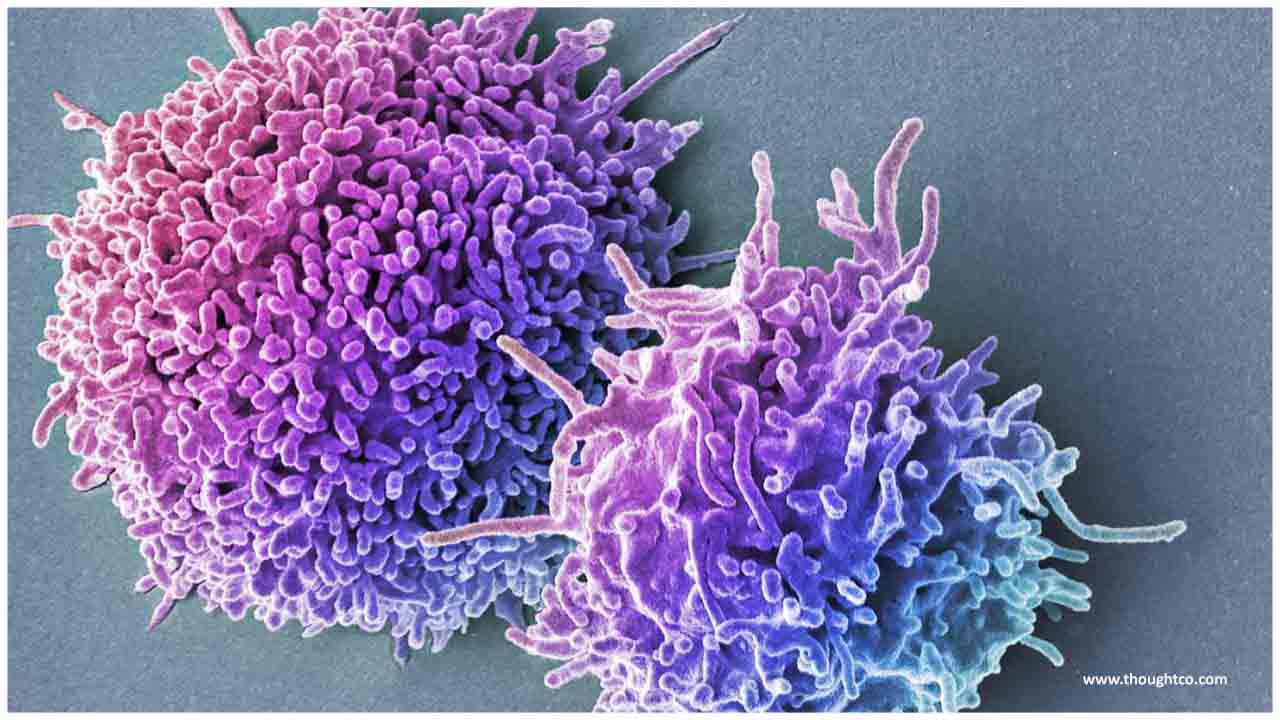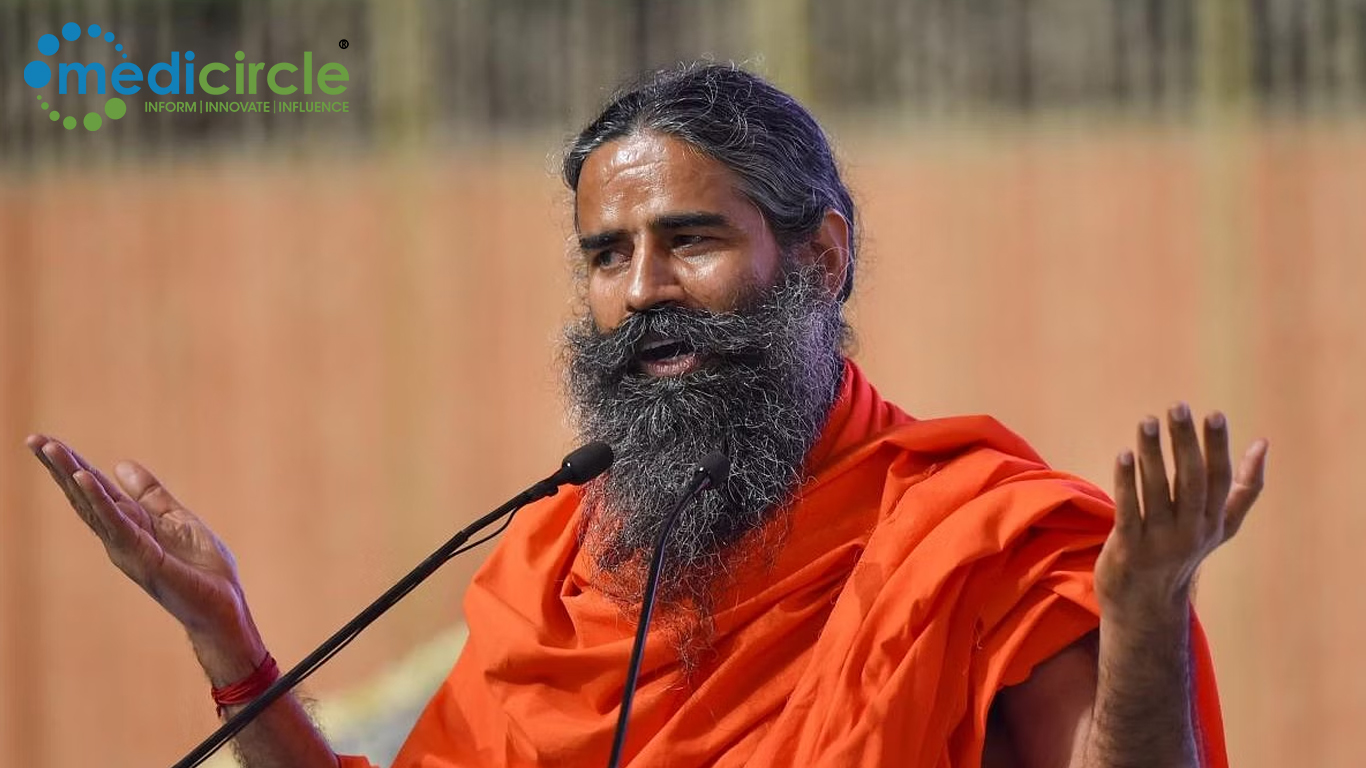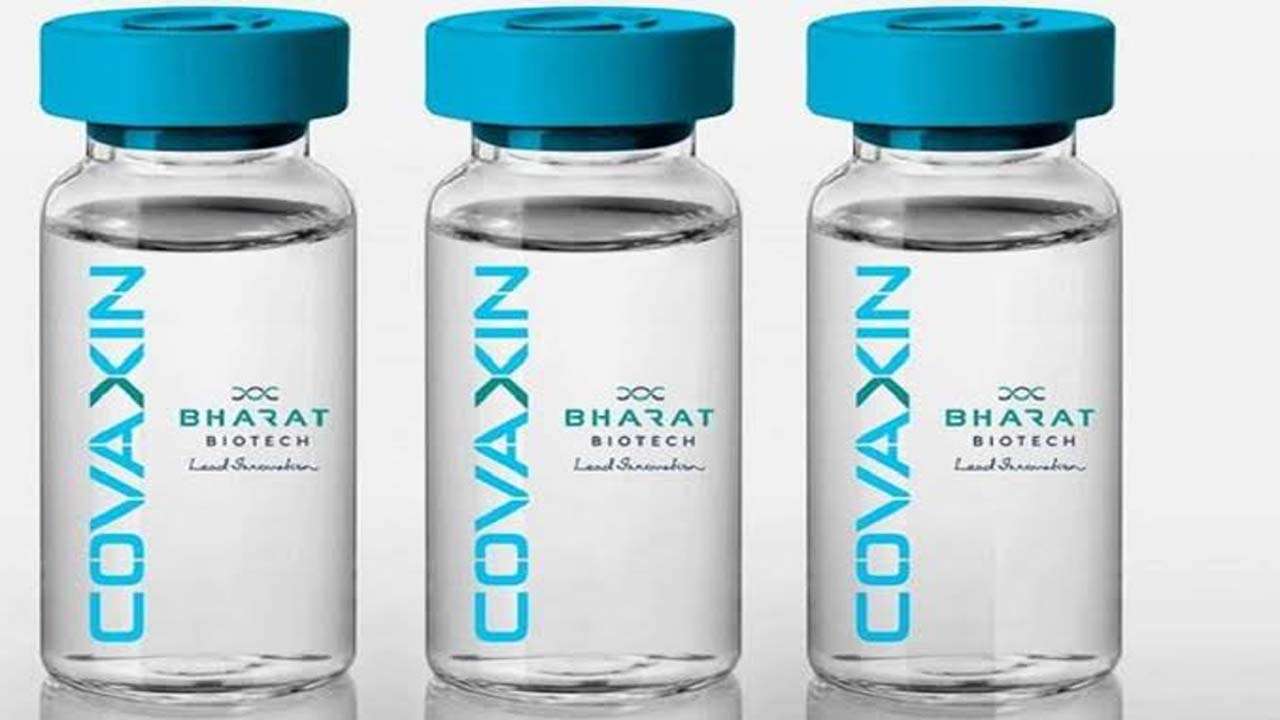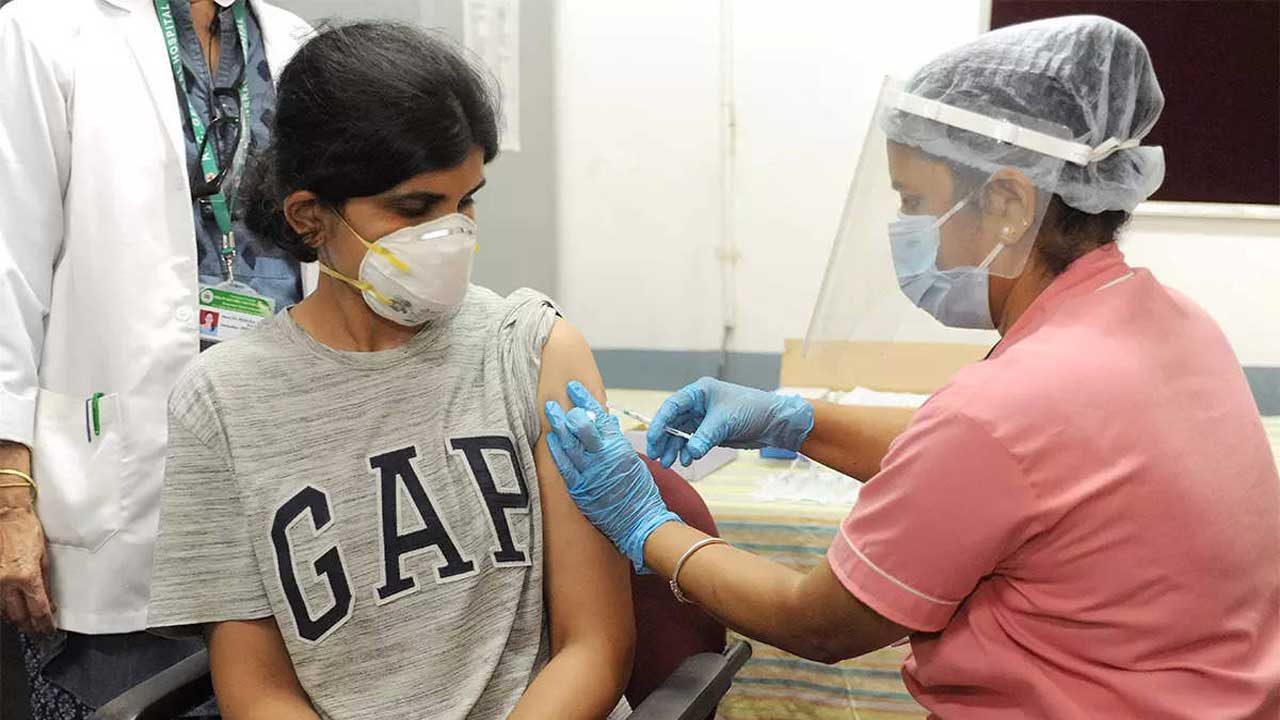Antibodies have become a recognizable word in the pandemic period, maybe recommending they're the best trust in keeping the fatal coronavirus under control. Yet, when critical immunization information was discharged for the current week, the spotlight panned to an uncelebrated safe player: T cells.
AstraZeneca Plc, Pfizer Inc. furthermore, accomplice BioNTech SE, just as China's CanSino Biologics Inc. all hailed the nearness of these white platelets in immunization beneficiaries as a sign their trial shots show guarantee.
Push into the center by ongoing investigations, T cells are an update that the body's guards depend on more than one weapon, and that a significant part of the insusceptible reaction to Covid-19 is as yet a riddle - particularly after analysts uncovered that the more praised antibodies need a backbone.
"Antibodies are just a little piece of the image," said Paul Griffin, a partner teacher of medication at the University of Queensland in Brisbane, who is driving clinical examinations in Australia of two potential Covid-19 immunizations. In any case, "we're truly not there yet as far as completely understanding" individuals' insusceptibility to the new coronavirus.
As the pandemic overwhelmed the world, researchers initially centered around antibodies - proteins that stick to and impair outside trespassers - in light of the fact that evoking them is the reason for the best immunizations. The insusceptible proteins are additionally simpler to quantify than T cells and can be utilized to check earlier contamination.
The investigation indicating they melt away rapidly in patients with gentle illness managed a hit to trusts that antibodies will give some enduring type of insusceptibility.
Unrecognized Warriors
White blood cells, on the other hand, can murder infection contaminated cells, recollect past maladies for a considerable length of time, and animate new immune response troopers long after the first has left the war zone. Individuals contaminated with another coronavirus that was liable for the SARS scourge in 2003, for instance, despite everything have a T-cell reaction to the sickness 17 years after the fact.
That proposes T cells may in any case, in any event speculatively, be prepared to ensure SARS survivors against the contamination very nearly two decades later, and might support their barrier against Covid-19, Griffin said. "They may have a marginally milder or shorter length as far as the course of their disease, yet I positively wouldn't feel that that would be defensive, shockingly," he said.
One investigation found that a few patients without any indications of Covid-19 had T-cells that perceived the infection - in any event, when they had no perceptible antibodies. Another highlighted a degree of invulnerability in individuals who never experienced the microorganism, perhaps as a result of an introduction to at least one of the coronaviruses that cause the regular virus.
Exercise in careful control
More exploration is expected to decide if prior T cells that cross-respond with the SARS-CoV-2 infection may clarify why some COVID patients are scarcely influenced while others become extremely ill and even bite the dust. What's reasonable is that the parity of the two antibodies and T cells is important for ideal protection, as indicated by Griffin.
Corey Smith, head of translational and human immunology at the QIMR Berghofer Medical Research Institute in Brisbane, says the discoveries regarding antibodies' brief term don't mean resistance disappears totally, exactly due to T cells.
Purported aide T cells, just as memory T and B cells can prime antibodies to react to a resulting disease before it causes extreme manifestations, said Smith, who is contemplating the resistant reaction to the SARS-CoV-2 infection.
The infection, as different coronaviruses that cause the basic cold, may have a method of avoiding antibodies, prompting reinfection, Smith said. "Yet, there's sufficient cell insusceptibility to put a dampener on any extreme side effects."
On the off chance that could be that T cells are what at last curb and gruff the pandemic infection that is killed in excess of 600,000 individuals in under seven months.
"On the off chance that we can't destroy it, does it end up as a sort of a coursing infection, another chilly infection?" Smith said. "I don't know, however, it's fascinating."

 As the pandemic took the world by storm, scientists first focused on antibodies -- proteins that stick to and disable foreign invaders
As the pandemic took the world by storm, scientists first focused on antibodies -- proteins that stick to and disable foreign invaders




.png)














.jpeg)



.jpg)




.jpg)





.jpeg)

.jpg)


